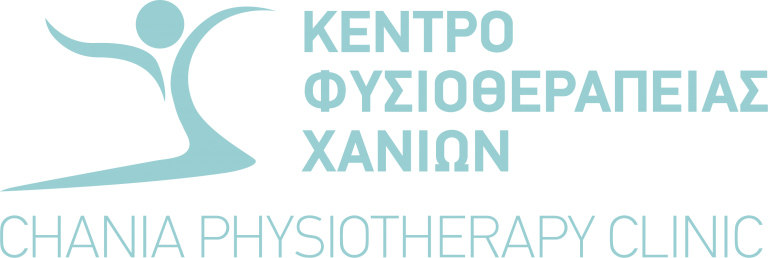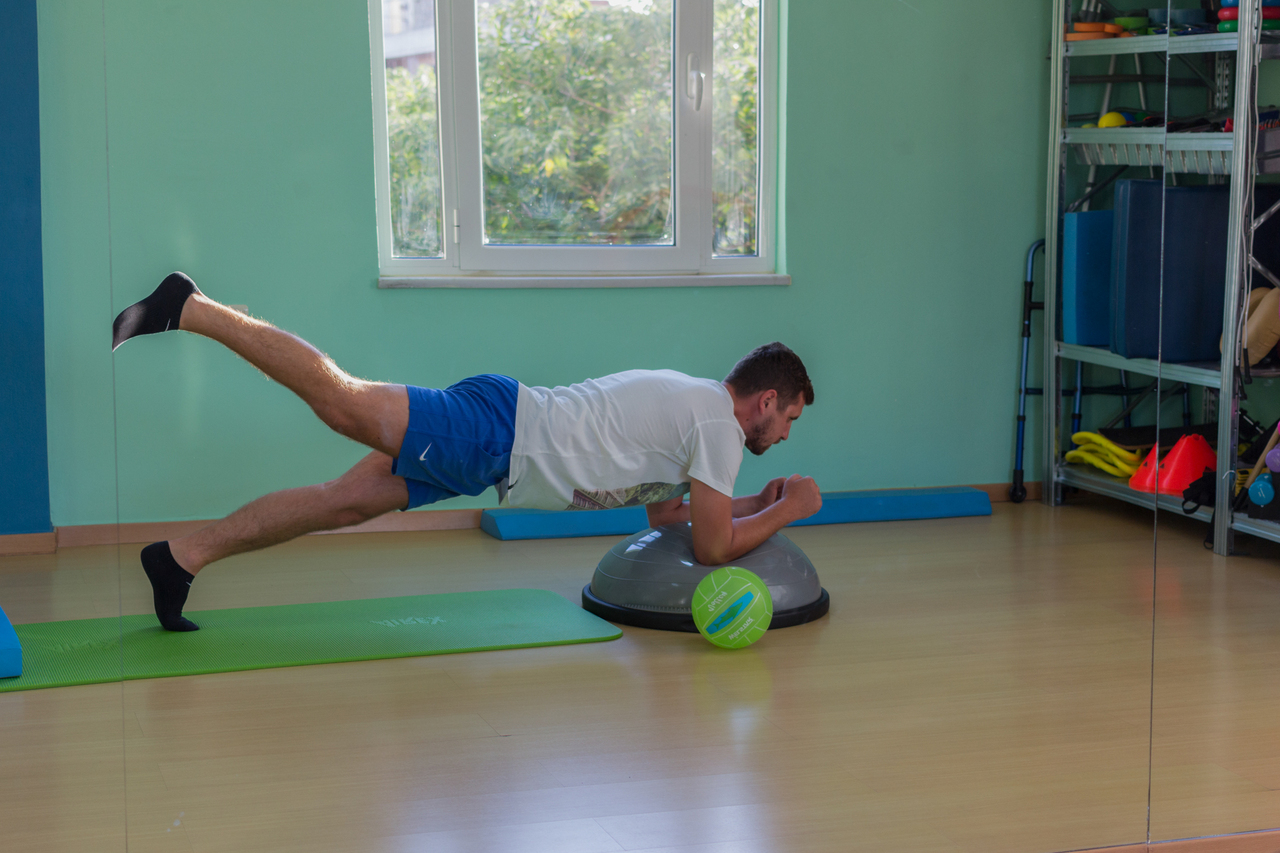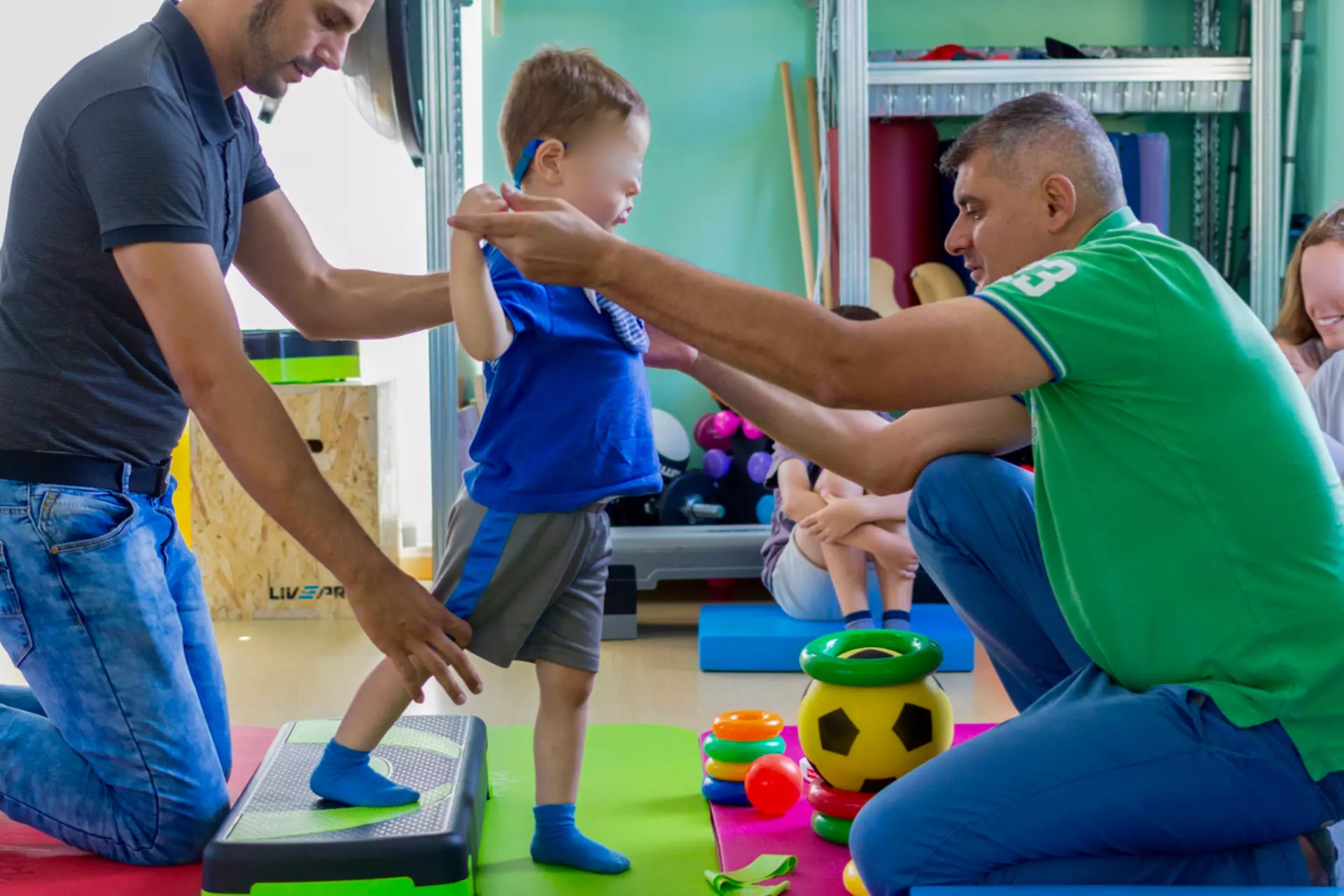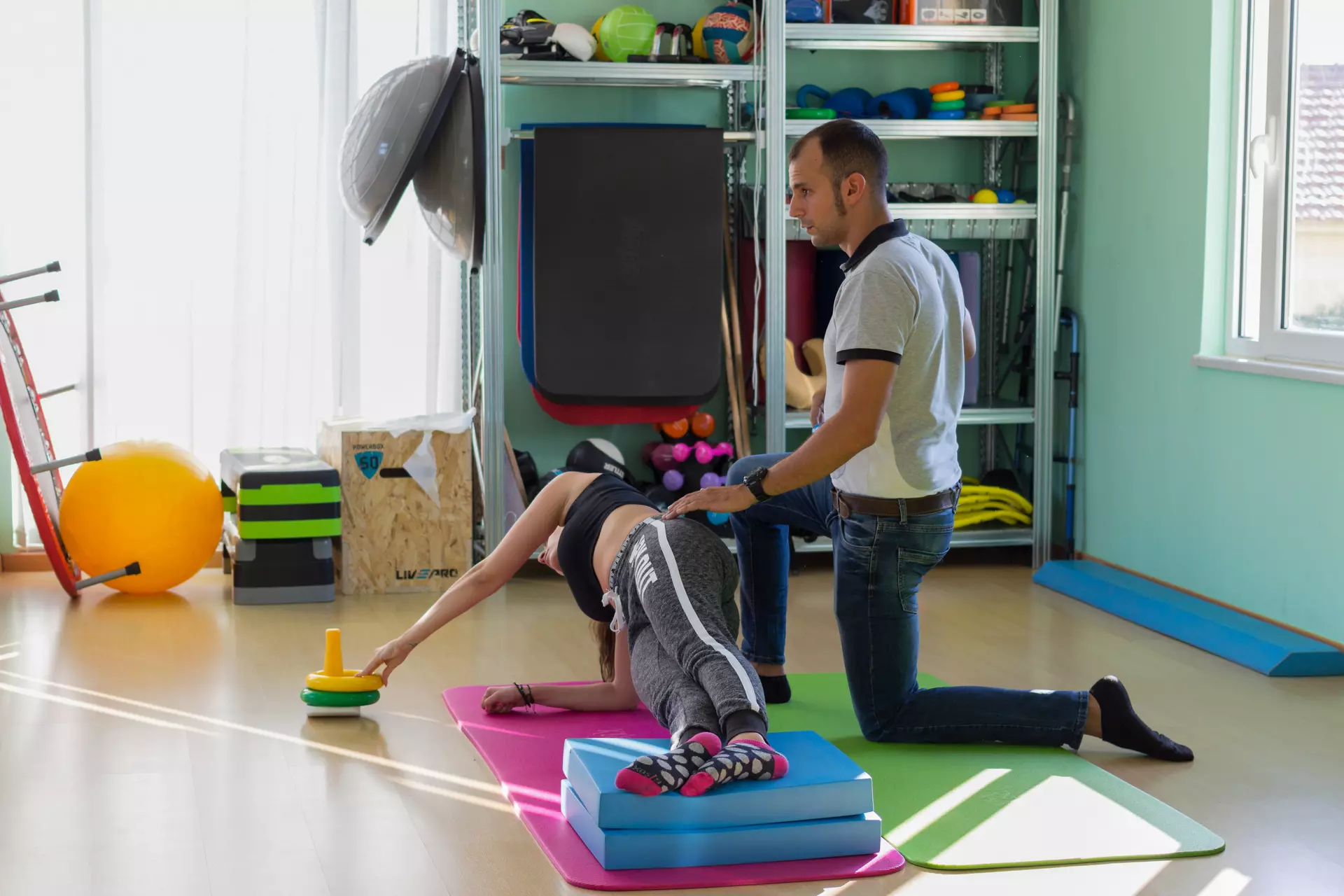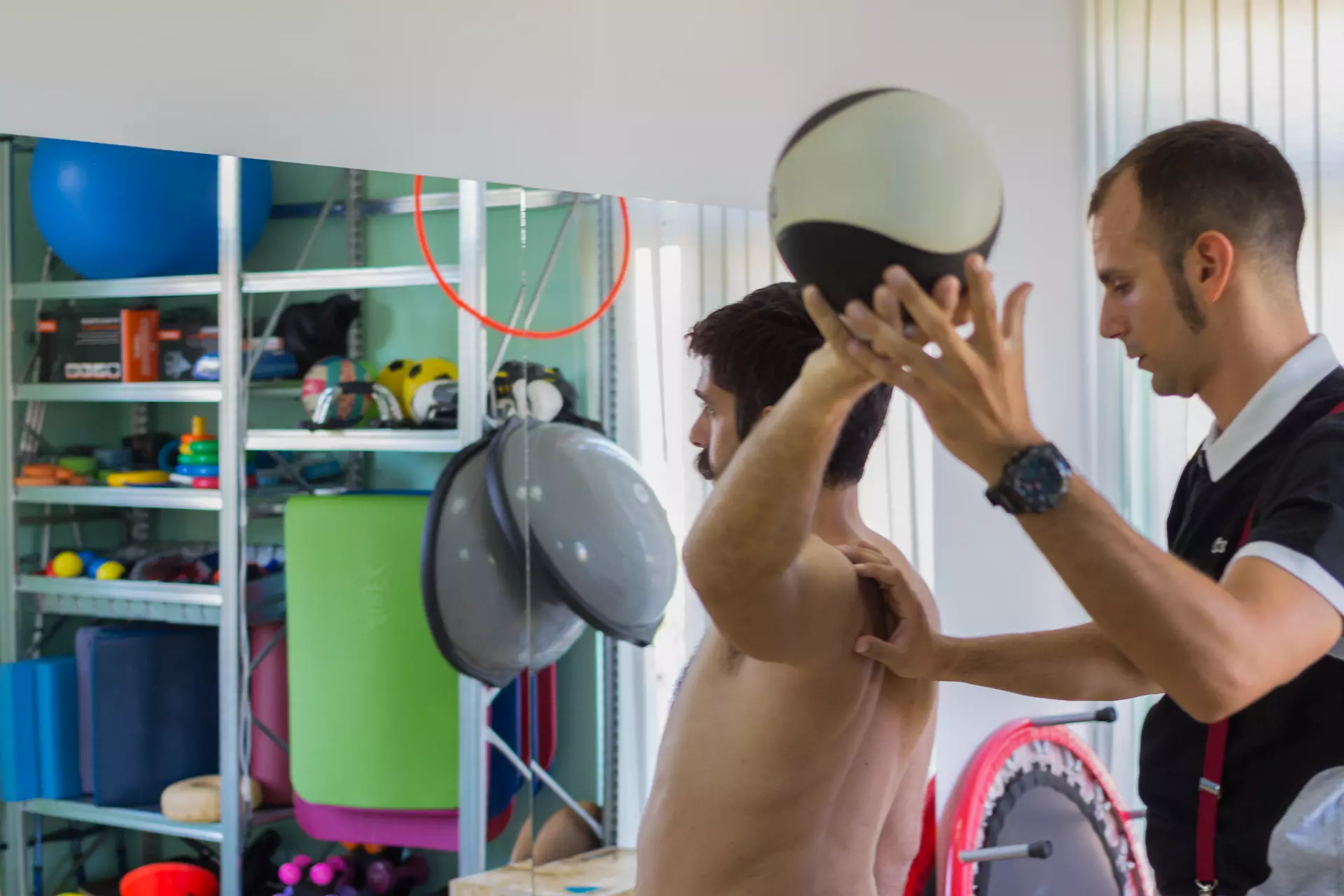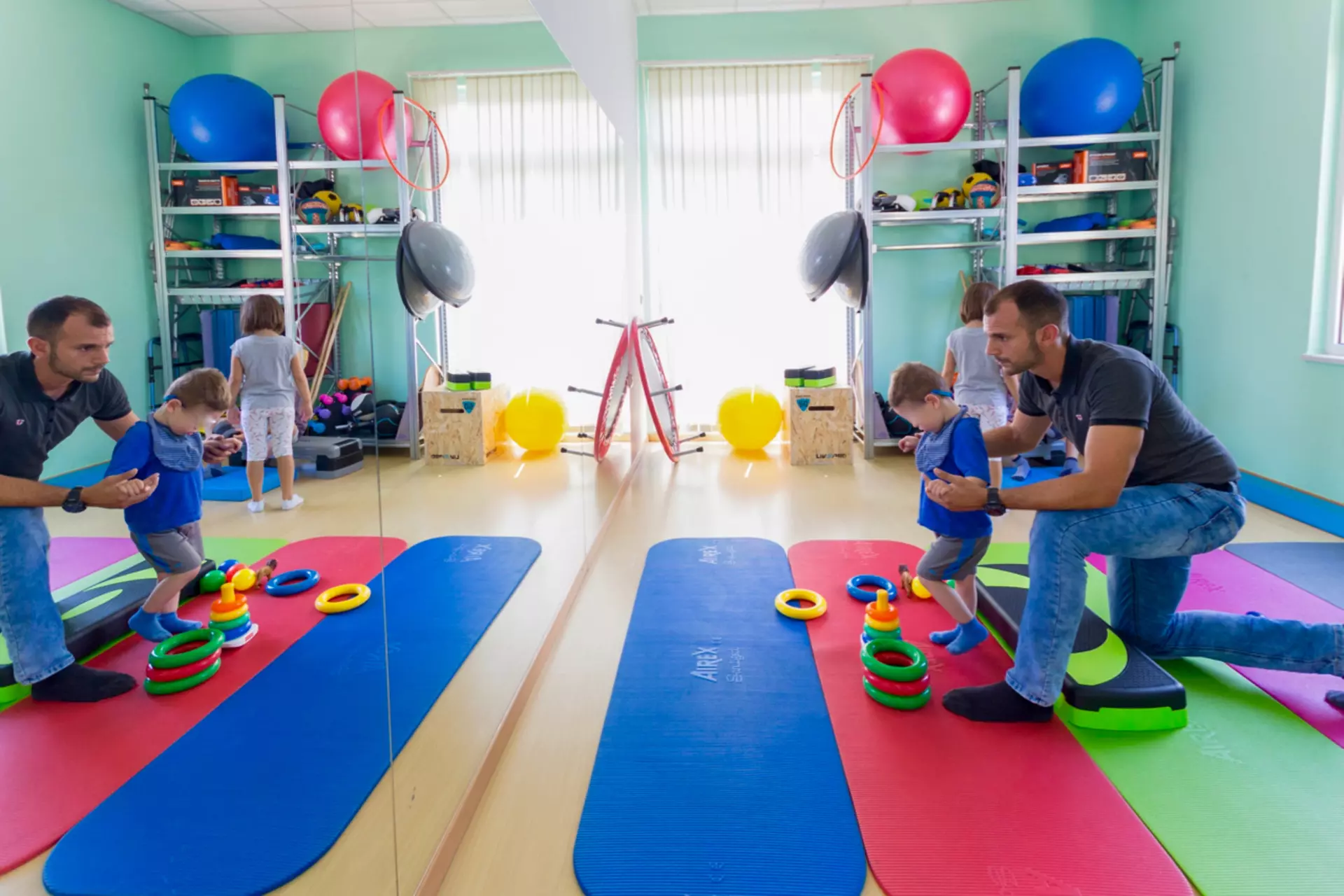Therapeutic Exercise
Physiotherapy is the science responsible for consulting on safe exercise participation and promoting an active lifestyle to help all individuals improve and maintain their quality of life. The enhancement of exercise participation is applicable at all ages and levels of ability.
What is therapeutic exercise?
Exercise plays an integral role in the recovery of function and the reduction of musculoskeletal injury risk, according to the literature. Modern medical research demonstrates strong evidence to support the use of therapeutic exercise, combined with patient education, as the most effective medicine in general, for the prevention, and treatment of a wide variety of injuries and pathologies!
“Therapeutic Exercise” is a fundamental part of physiotherapy that focuses on the aspects, both general or specific, of an individual’s physical status.
Think of physical state as a balanced diet that requires many different ingredients in order to be healthy some of them are:
- load management
- cardiovascular ability
- breathing control & respiratory capability
- stamina
- power/muscle endurance
- muscle tone
- muscular strength and flexibility
- kinaesthesia/proprioception/balance
- posture & core stability
- neuromuscular co-ordination & kinetic control
- biomechanics analysis & enhancement
- quality & function of movement patterns
- joint mobility
- nerve mobility
- nerve innervation ability
- brain plasticity (neuroplasticity) & function
- fear avoidance inhibition
- injury prevention
Therapeutic exercise is feasible as well for other aspects like resilience, the locus of control, etc that may be involved in the patient’s daily life limitations and can be affected with specific exercise tasks.
Therapeutic Exercise is commonly used, in conjunction with other physiotherapy approaches or alone, as a mean of treating a wide range of musculoskeletal and neuropathic disorders. It is also a major contributing factor to the long-term management of the patients.
Although exercise can be extremely beneficial for patients with certain injuries, it needs to be specified to the individual’s needs and cannot be used as a generic tool for everyone.
How is it done and what is needed?
Following a comprehensive clinical assessment, where any weaknesses, or possible malfunctions, are recorded through various clinical trials and strength assessments, appropriate specified exercises are been prescribed to solve the daily issues.
The appropriate therapeutic exercise plan consists of carefully selected exercises (general or specific) which are been adapted accordingly, to fully meet the needs and capabilities of each individual depending on the goal of the rehabilitation.
This ensures optimal gains, whilst the supervision by a specialized clinical physiotherapist during the performance, as well as the methodical monitoring of symptoms behavior, minimizes the likelihood of any symptoms aggravation.
How long will it take?
The overall duration of each rehabilitation can be differentiated by the following parameters:
- The starting point of each person. It is the level of overall and/or specific physical condition in which the individual is at the beginning of the program.
- The weekly availability and consistency during the execution of the program, whether it is an exercise under supervision or homework.
- Finally, regardless of the starting point, the parameter that determines the overall duration of the rehabilitation is the final goal of each individual and how many stages must be accomplished to get there.
Set your own goal and following a thorough evaluation, one of our specialized partners will guide you in your functional independence with an appropriately designed and customized rehabilitation program.
